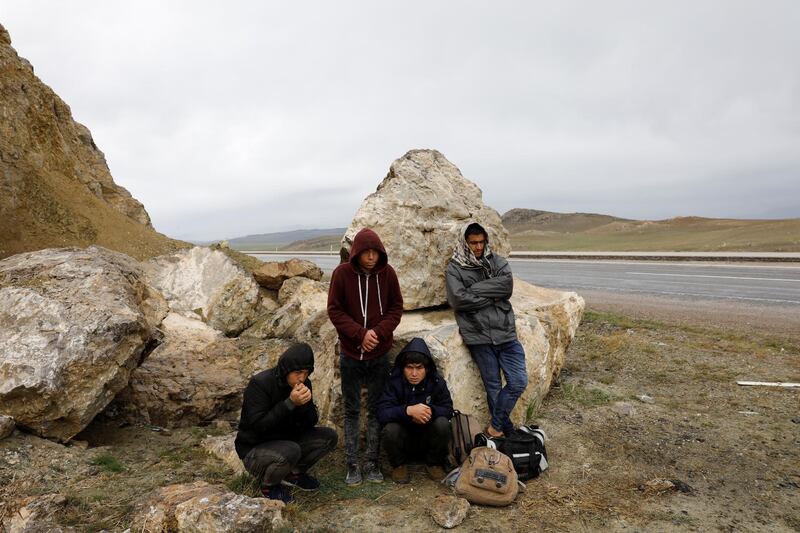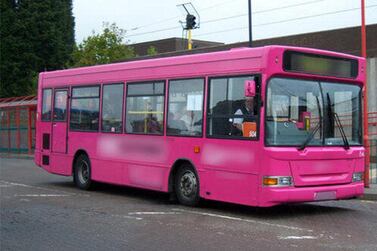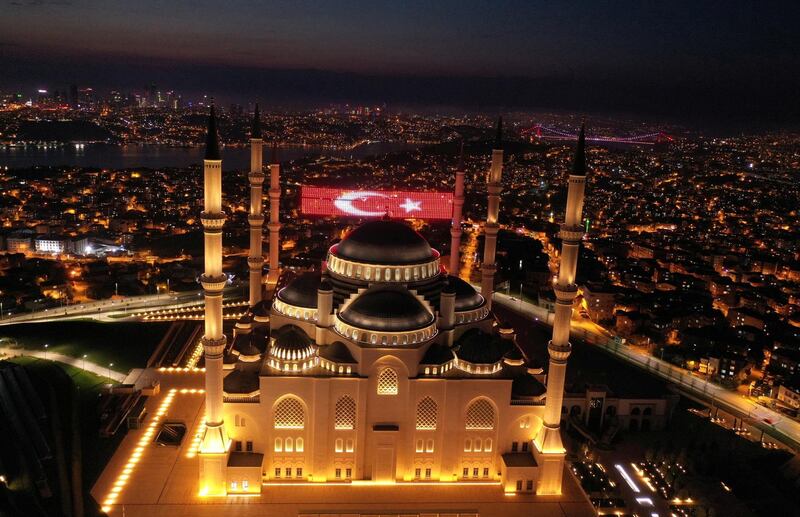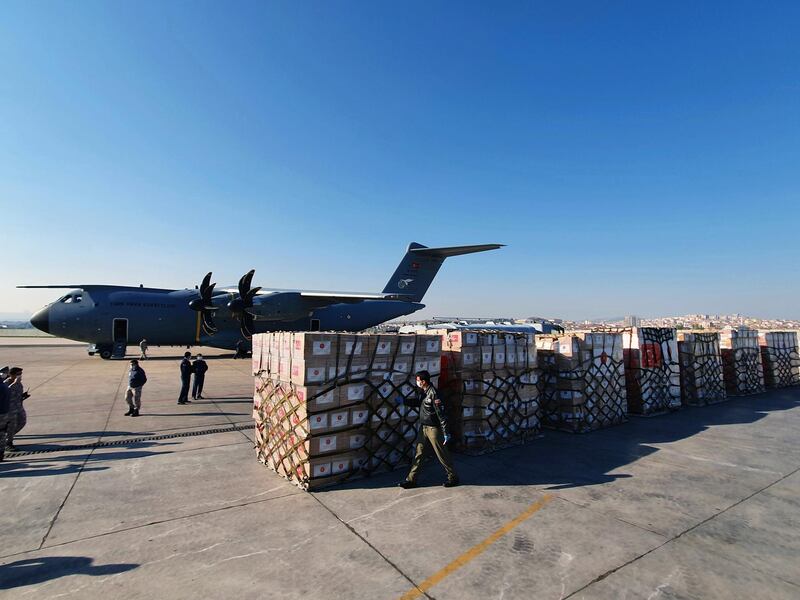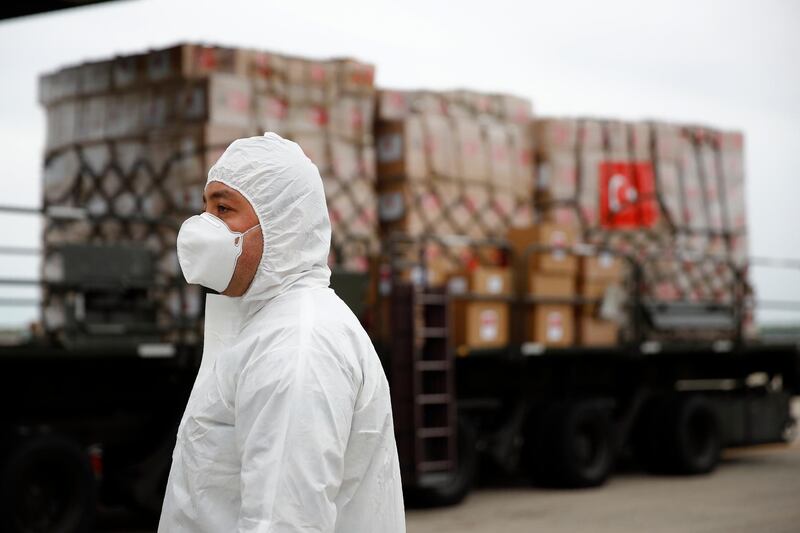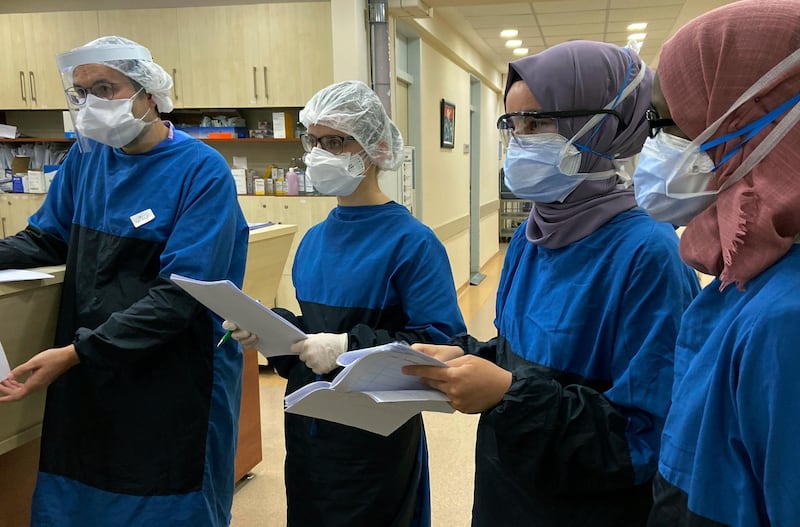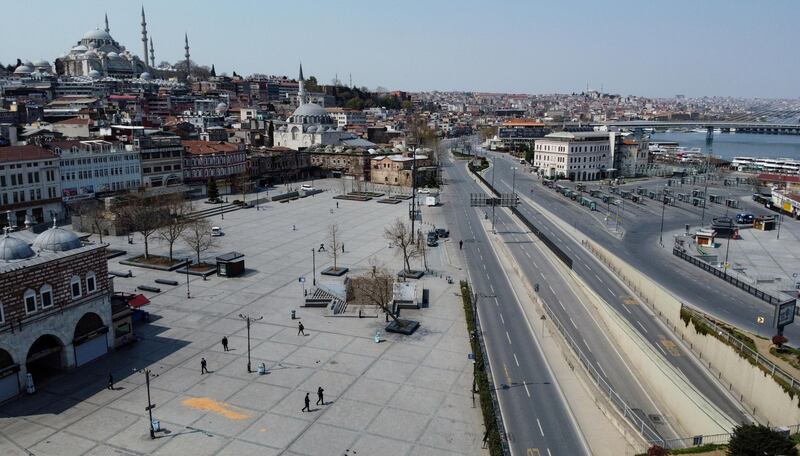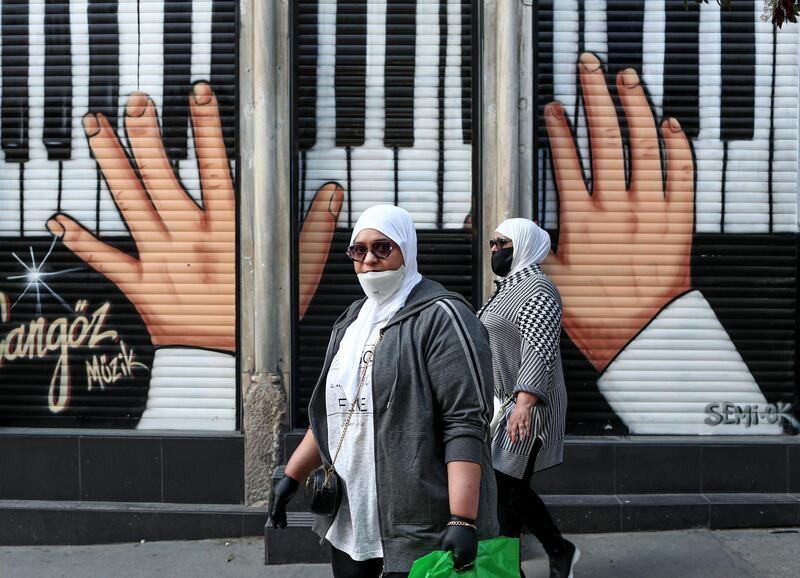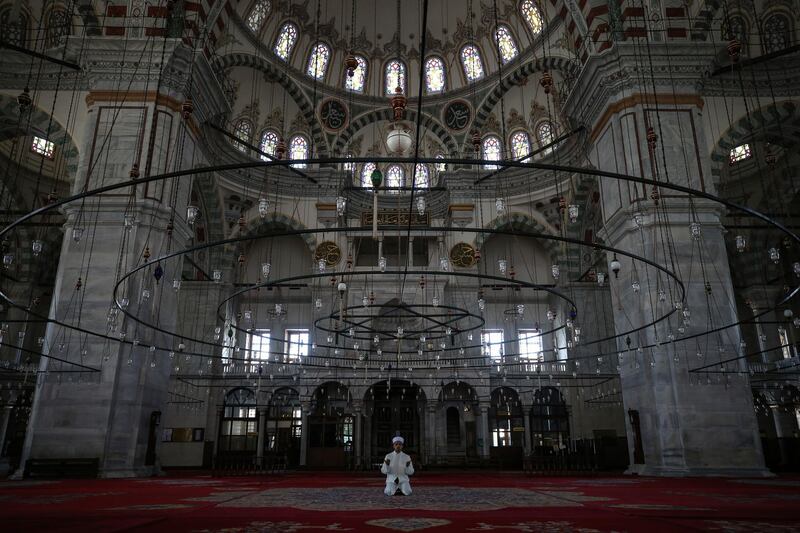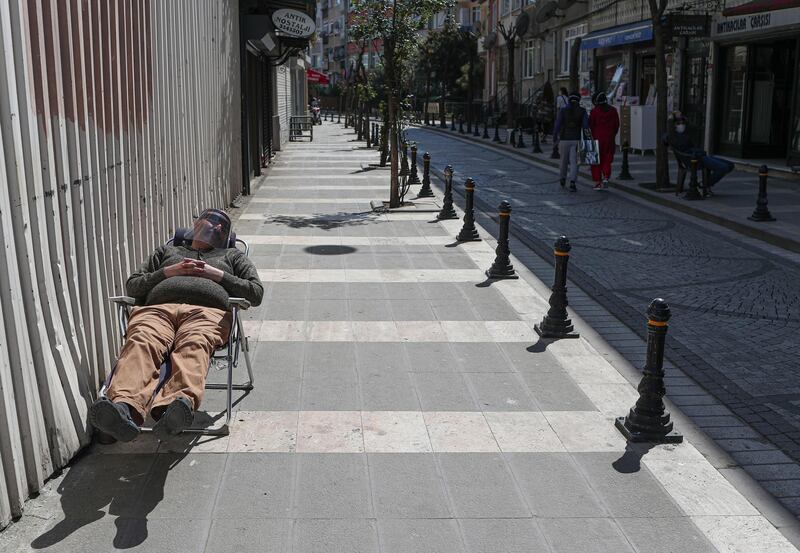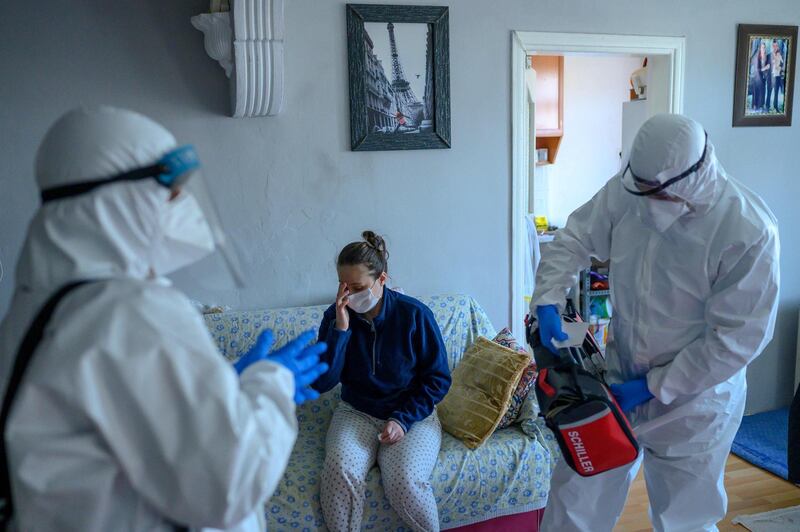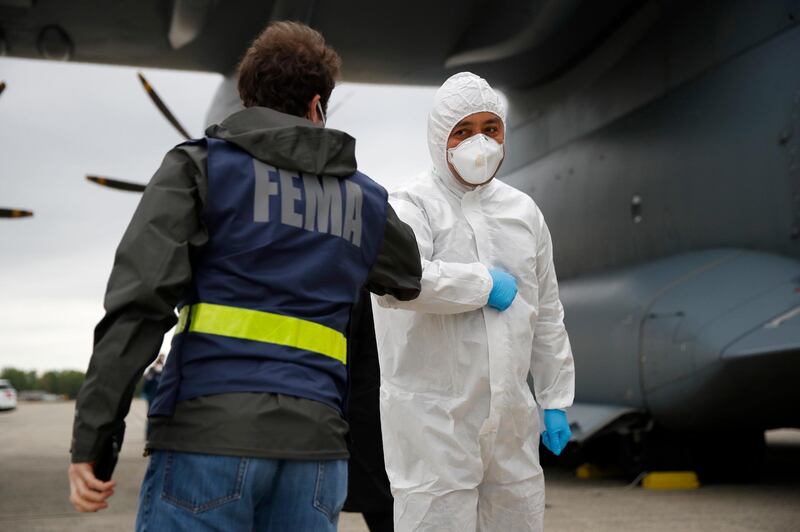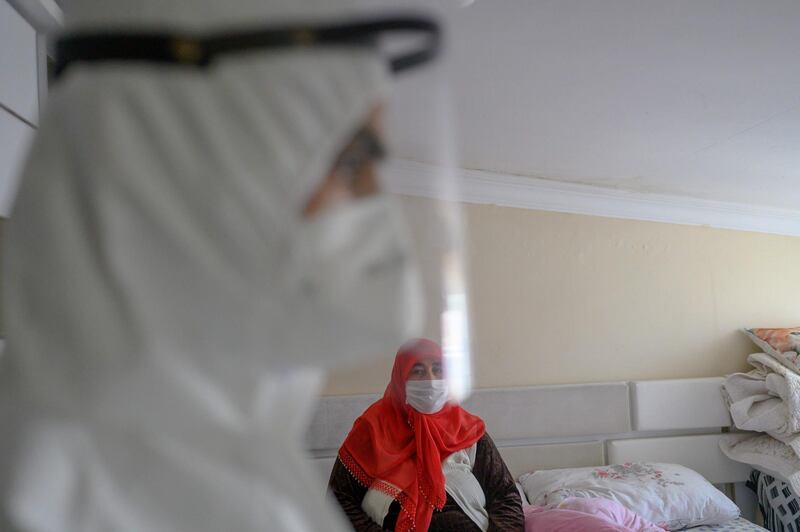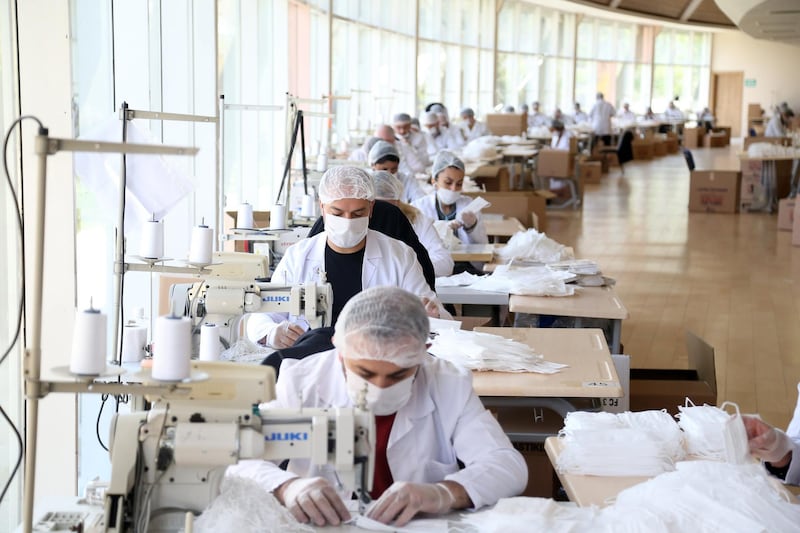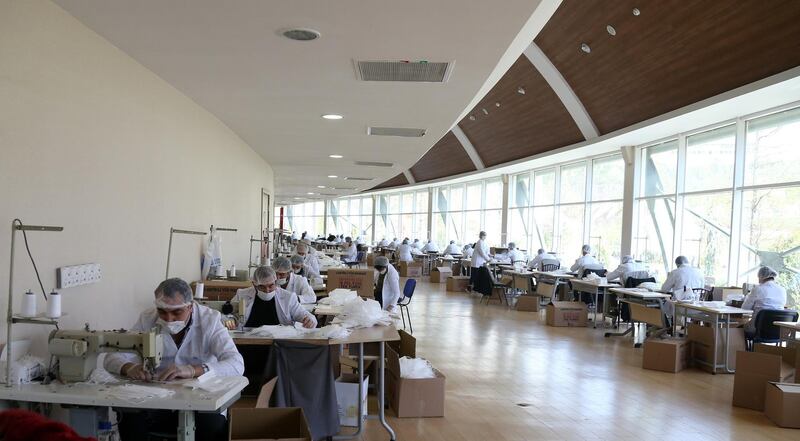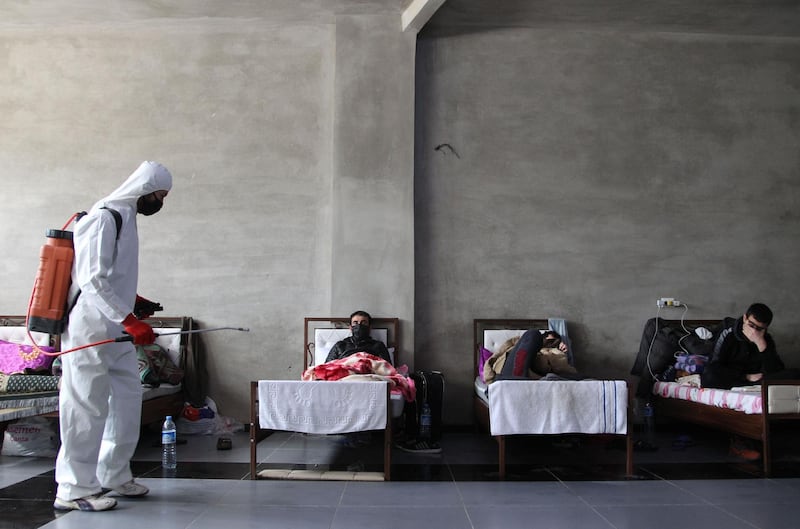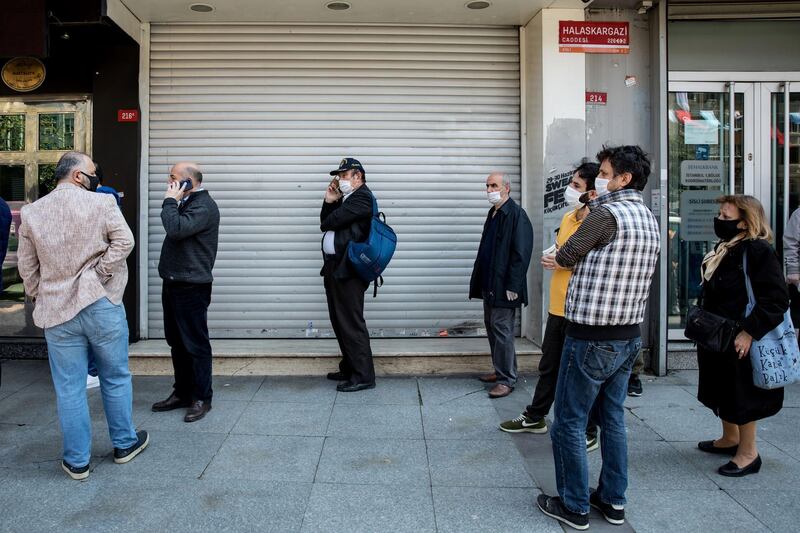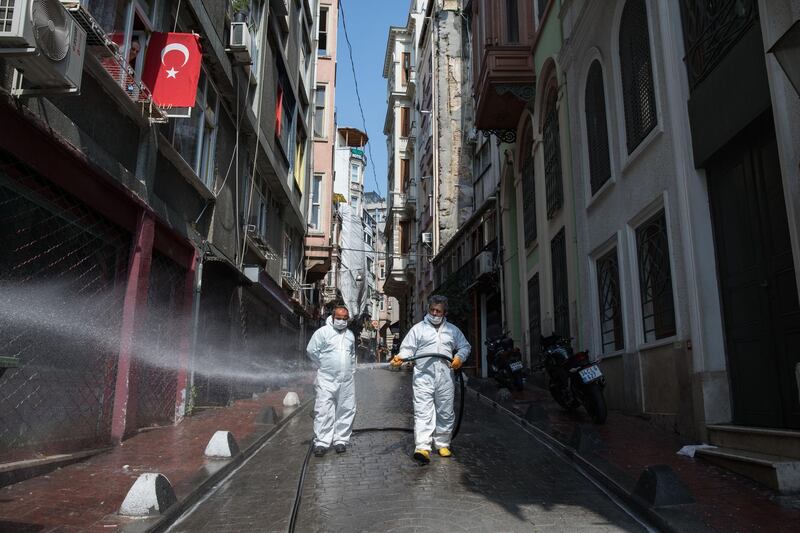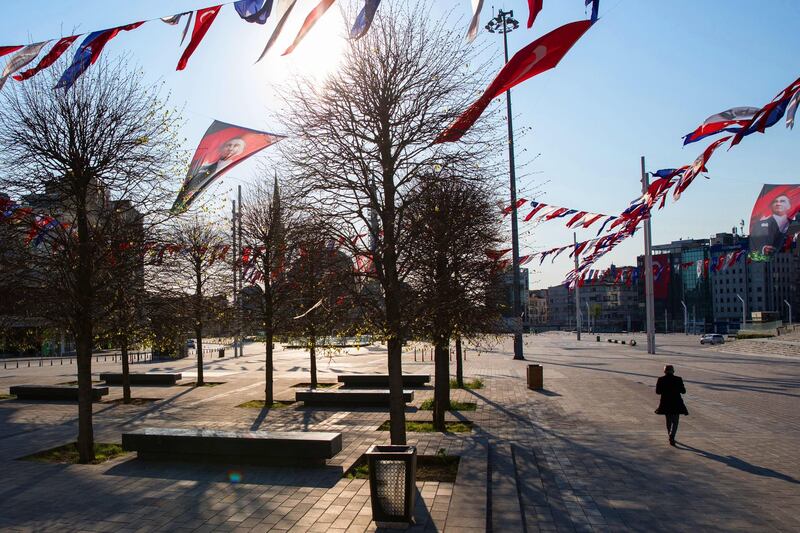Before the coronavirus pandemic, Turkey’s unregistered refugees found it hard to make ends meet, unable to apply for work permits or access much support from aid agencies.
Now, with communities around the world hit by heavy job and wage loses, they face a more uncertain future than ever.
Many say the threat of contracting Covid-19 is the least of their worries when their families are going hungry and they live with the threat of being kicked out of their homes.
Latifullah Nangarhari, 35, is a refugee from Afghanistan who has been living in Istanbul, the economic capital of Turkey, for the last four years.
In his home country, Mr Nangarhari worked as an English translator. When he fled the ongoing war, his intention was for his family to follow, but he’s not been able to earn enough money to afford the costs involved.
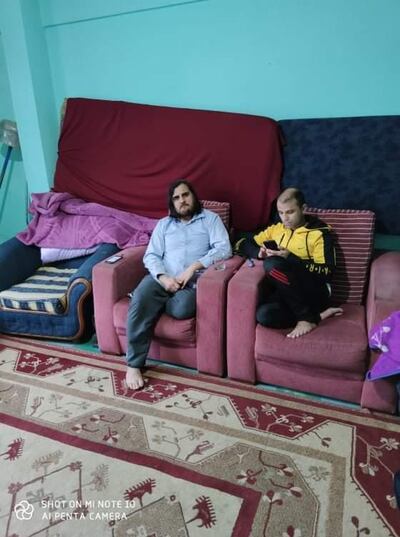
“I tried to find a job in other places, but couldn’t find anything because everywhere was closed [due to the lockdown],” Mr Nangarhari said in fluent English with an American accent.
He lives in a three-bedroom apartment with 14 other Afghan refugees, and the owner is not sympathetic to the pandemic being a reason for why they can’t pay their rent.
“The owner of the building said: ‘I’m not responsible for coronavirus or … your money. You still have to pay,’” Mr Nangarhari said.
Humanitarian NGO the Association for Solidarity with Asylum Seekers said in a recent report based on a survey of refugees that unemployment had jumped from 18 per cent to 89 per cent due to the fallout from measures to prevent the spread of coronavirus.
Although many Turkish citizens have also lost their jobs or suffered a pay cut, they are able to apply for income support – something that is not available to unregistered migrants, nor can they turn to aid agencies.
Turkey hosts the largest number of refugees in the world, including at least 3.6 million registered Syrians and 330,000 from other countries. But there are many more who are unregistered – only half of the one million Syrian refugees in Istanbul, for example, are registered.
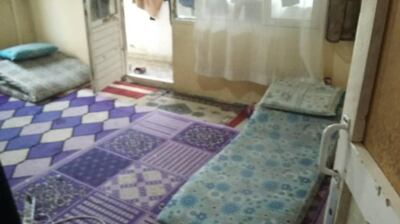
The country holds an exception to the Geneva Conventions that mean the government does not have to grant refugee status, instead they offer “temporary protection”. As this does not offer a pathway to refugee status – and the benefits that come with it –or offer healthcare, many who arrive in Turkey don’t register.
Pakistani refugee Nigar – who did not want to give his full name – has been living unregistered in Turkey for seven years and is unable to obtain a work permit.
“No one provides support to refugees who don’t have a work permit,” he said.
While coronavirus has amplified Nigar’s inability to find work, he says it’s a “normal situation” for him in Turkey.
Before Ramadan, he worked for 20 days in a construction role but was not paid for it – a common occurrence for those with no legal recourse – meaning he was unable to pay his rent in May.
“I’m not worried about getting coronavirus but I am worried about buying food, paying my rent and bills. Coronavirus is nothing compared to this worry,” Nigar said.
Mustafa, who is from Iran, lives in Istanbul with his pregnant wife and nine-year-old child. In February, he and his family gave up their house and spent all their money getting to the Greek border after Turkey’s President Recep Tayyip Erdogan said he would “open the gates” to Europe.
Although tens of thousands headed to the border, Greece never opened their side and the move was widely seen as Turkey using migrants as a political pawn in an attempt to put pressure on Europe.
Mustafa and his family ended up being moved from the border through several refugee camps before ending up back in Istanbul with nothing.
After pleading for help on a Facebook group, someone offered to rent an apartment for Mustafa and his family for two months. However, he has not been able to get his old job back at the shoe factory – they say they can’t pay people because of coronavirus.
“How will I look after my child and wife?” he said.
